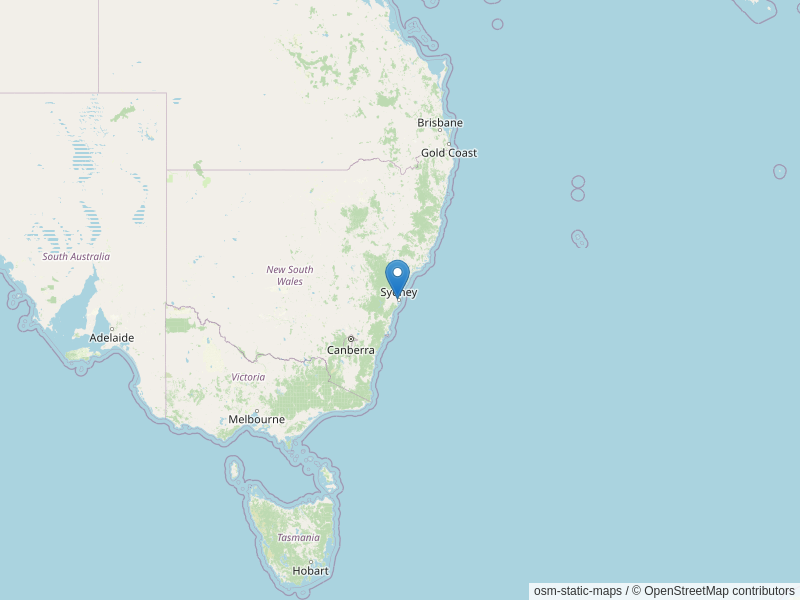🙌🏼 Brisbane German Week kicks off tomorrow!
🇩🇪🇦🇺 Come and celebrate the thriving relationship between Queensland and Germany with a series of major events!
👉🏾 The very popular German-Australian Science and Innovation Day will take place on Thursday 10 October with a contribution from the DAAD.
On this day, DAAD Research Ambassador Dr Michael Netzel (University of Queensland) will give a presentation on research opportunities in Germany and DAAD research funding programmes, as well as an overview of current DAAD-funded research projects at Queensland universities, followed by a presentation of his own research projects as part of the German-Australian research environment.
🔗 Find more information and about the event and the registration portal, here:
https://germanweek.com.au/event/science-and-innovation/
DAAD, Brisbane German Week, German Embassy Australia, Research in Germany, The University of Queensland,
University of Southern Queensland - Australia, Honorary German Consul - Brisbane #DAAD #germanweek #ChangebyExchange
